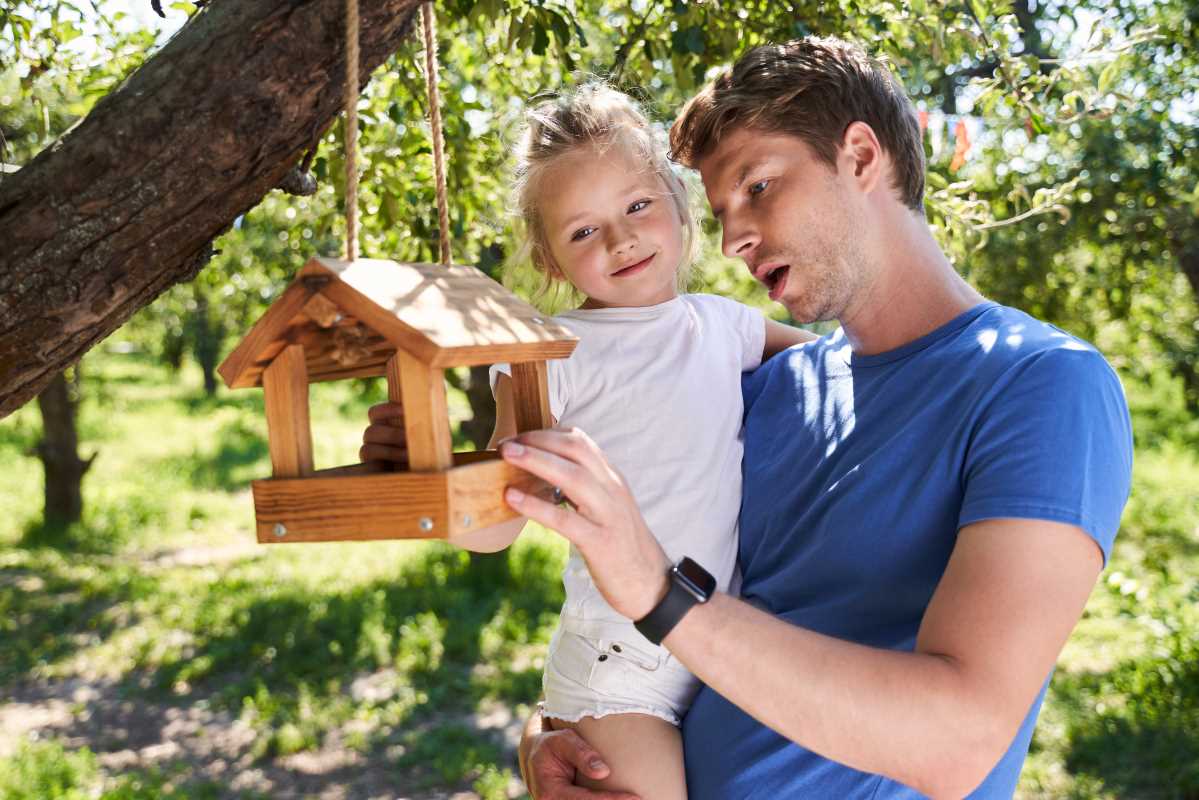Adolescence often feels like navigating a maze for both parents and teens. One moment, your child is eager to share every detail of their day; the next, you’re met with closed doors, one-word answers, or a weary "I'm fine." This emotional distance is a natural part of growing up, but it can be unsettling for parents who cherish their connection with their child. The good news? Understanding why it happens and learning ways to bridge the gap can make all the difference.
Recognizing Why Emotional Distance Happens
Teens experience rapid physical, emotional, and social development. They are transitioning from childhood to adulthood, craving independence and starting to establish their identities outside the family setting. While it may feel like rejection to parents, pulling away is usually about exploration and self-discovery rather than a lack of love or affection.
Common Reasons for Emotional Distance
Understanding the "why" behind the shift in behavior can help you respond with empathy rather than frustration. Here are some of the reasons teens may grow emotionally distant:
- The Quest for Autonomy: One of the main developmental tasks during the teen years is learning to stand on their own. This includes testing boundaries, asserting independence, and figuring out who they are without strong parental interference.
- Hormonal Changes and Mood Swings: Along with physical changes, hormonal fluctuations can bring moodiness, irritability, and occasional withdrawal. These shifts can make teens feel overwhelmed, causing them to retreat temporarily.
- Peer Pressure and Social Dynamics: Teens spend a significant amount of time navigating friendships, crushes, and social hierarchies. These interactions can sometimes feel more emotionally demanding than their relationship with family.
- Fear of Judgment: Teens often feel scrutinized, making them reluctant to open up. If they suspect criticism or that their feelings will be minimized, they may choose silence over vulnerability.
When parents view these behaviors through the lens of growth rather than rejection, it becomes easier to respond with patience instead of taking it personally.
Signs to Watch For
While it’s normal for teens to seek privacy, some behavioral shifts might point to deeper struggles requiring attention. Here are signs that the emotional distance could signal something more concerning:
- Withdrawal from Family Traditions: A teen who suddenly avoids holidays, meals, or family outings might be grappling with more than a desire for independence.
- Dramatic Changes in Communication: If your teen stops responding to texts, avoids talking altogether, or only offers curt replies for extended periods, something could be amiss.
- Sudden Secrecy or Defensiveness: A teen who is unusually guarded about their activities or becomes easily angered by questions might be hiding distress or struggling with a situation they perceive as shameful.
- Behavioral Changes: Look out for noticeable shifts in mood, eating habits, hygiene, or sleep patterns. These can indicate stress, anxiety, or depression.
If these behaviors persist for several weeks or seem extreme, consulting a school counselor, family therapist, or mental health professional is a wise step.
Practical Steps to Reconnect
It’s important to remember that emotional distance doesn’t mean the bond is broken. Here’s how you can rebuild trust and create opportunities for connection.
Keep Communication Open
Even if your teen seems disinterested, keep the channels of communication open. This doesn’t always mean engaging in deep discussions; sometimes, smaller consistent actions communicate love and availability.
- Everyday Touchpoints: Greet them warmly in the morning or ask them a small question about their day. Offering acts of service, such as dropping them at a friend’s house or preparing their favorite snack, can also convey support.
- Meet Them on Their Turf: Show interest in things they care about, whether it’s a favorite video game or the latest album from their go-to artist. You’re not trying to force your way into their world but create a bridge for them to open up naturally.
- Be Available, Not Pushy: Teens often test to see if you’re paying attention, even while keeping you at arm’s length. Maintaining an open and supportive presence builds trust over time.
Listen More Than You Speak
Teens are likely to withdraw further if conversations feel like lectures or interrogations. One of the most powerful things you can do is practice active listening:
- Be Present Without Distractions: Put down your phone and give them your undivided attention. Sometimes, a teen might start opening up when you're least expecting it, like in the car or during a commercial break.
- Affirm Their Feelings: Instead of rushing to solve their problems, acknowledge what they’re feeling. Saying “That sounds tough. I’m here if you want to talk more” can be more comforting than jumping into problem-solving mode.
- Watch for Nonverbal Communication: Your teen might express frustration, fear, or sadness through body language before they do through words. Pay attention to these cues, and respond accordingly.
Respect Their Independence
Allowing room for independence doesn’t mean turning a blind eye to their choices, but it does mean trusting their ability to make decisions (when appropriate) and learn from mistakes.
- Small Responsibilities: Encourage them to take on manageable responsibilities, like planning an outing with friends or handling a small budget. When you trust them with tasks, you send the message that you believe in their capability.
- Celebrate Their Growth: Praise them for milestones, whether it’s acing a test or handling a conflict maturely. Recognition strengthens their confidence and the relationship.
Create Low-Pressure Moments Together
Quality time doesn’t have to be heavy with meaning or purpose. Building strong relationships often stems from everyday, low-stakes moments without an agenda.
- Casual Activities: Suggest watching a TV show together, cooking a meal, or playing a board game. Activities where they don’t feel "on the spot" are great for restoring connection.
- Spontaneous Invitations: Instead of scheduling long or elaborate outings, offer simple options like grabbing ice cream or going for a walk. These relaxed settings often encourage conversations to flow naturally.
- Consider Their Interests: If your teen loves basketball, suggest shooting hoops together. If they enjoy baking, ask to join them. Showing enthusiasm about what matters to them strengthens trust.
Address Your Own Feelings
Navigating emotional distance can feel draining, especially if you’ve always had a close connection with your child. Acknowledging and managing your own emotions is critical for maintaining a healthy bond.
- Find a Support Network: Having honest conversations with friends, other parents, or a support group can provide fresh perspectives and remind you that you’re not alone in this experience.
- Practice Self-Care: It’s easier to parent with patience and empathy when your emotional cup is full. Make time for activities that recharge you, like exercise, hobbies, or meditation.
- Remember the Bigger Picture: This stage of independence is a natural step, not an endpoint. Trust that the love and effort you’ve invested in the relationship will endure.
When to Seek Additional Help
Sometimes, emotional withdrawal is part of a bigger challenge that requires intervention. If the following red flags persist, seek professional guidance:
- Unexplained Sadness or Anger: Intense emotions affecting daily life can be a sign of mental health struggles like depression or anxiety.
- Social Isolation: If your teen is avoiding friends or previously loved activities, it may point to deeper issues.
- Self-Harm or Risky Behaviors: Any indication of self-injury, substance abuse, or extreme risk-taking warrants immediate action.
A counselor or therapist can provide a safe space for teens to process their feelings while offering parents tools to support them more effectively.
The teenage years are a complex mix of growth, emotion, and transformation. While emotional distance can feel disheartening, it’s rarely permanent. Parents who meet this phase with patience, adaptability, and love lay the foundation for lasting relationships.
By consistently showing up, respecting boundaries, and creating chances for meaningful interaction, you’re reminding your teen that no matter how far they drift, they always have a safe place to return.
 (Image via
(Image via





